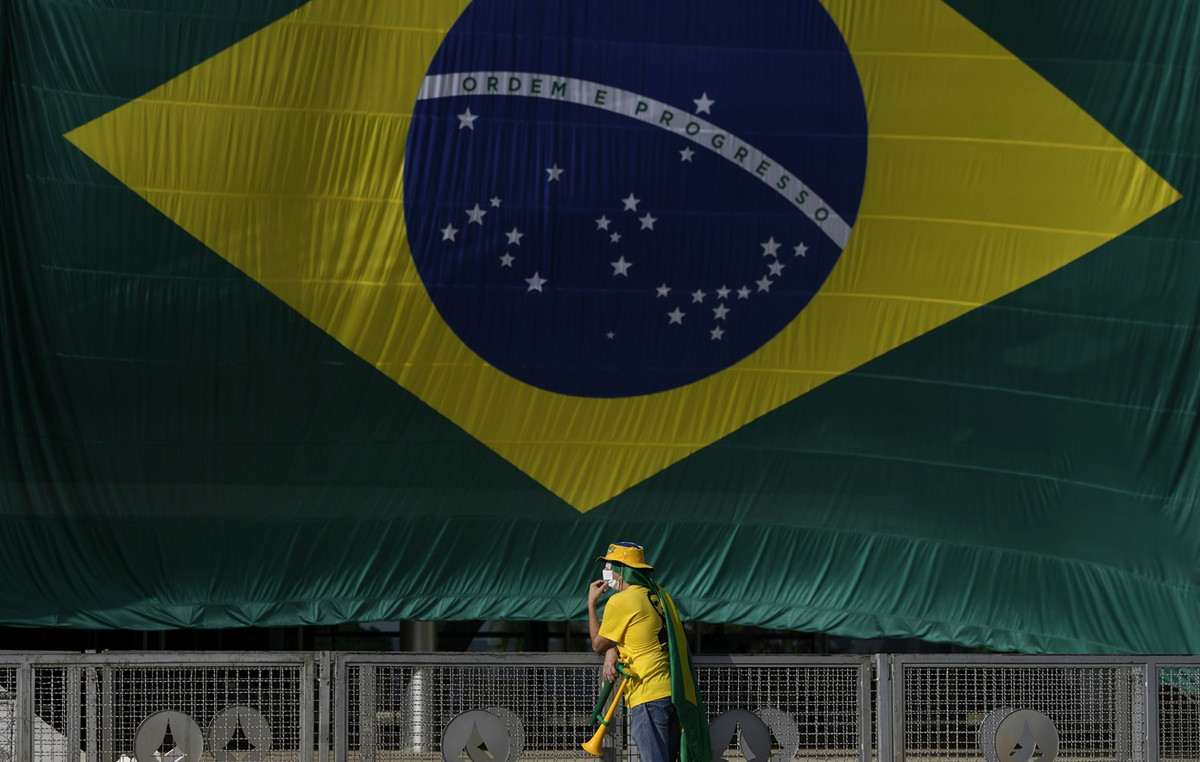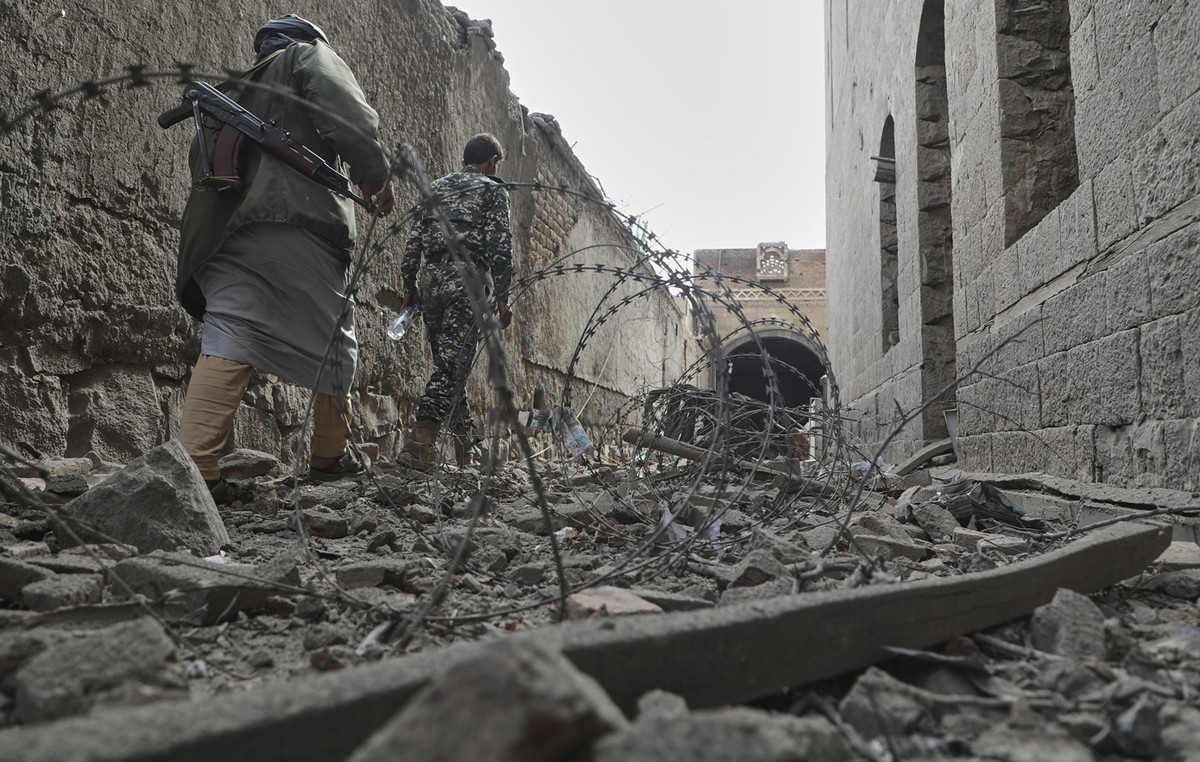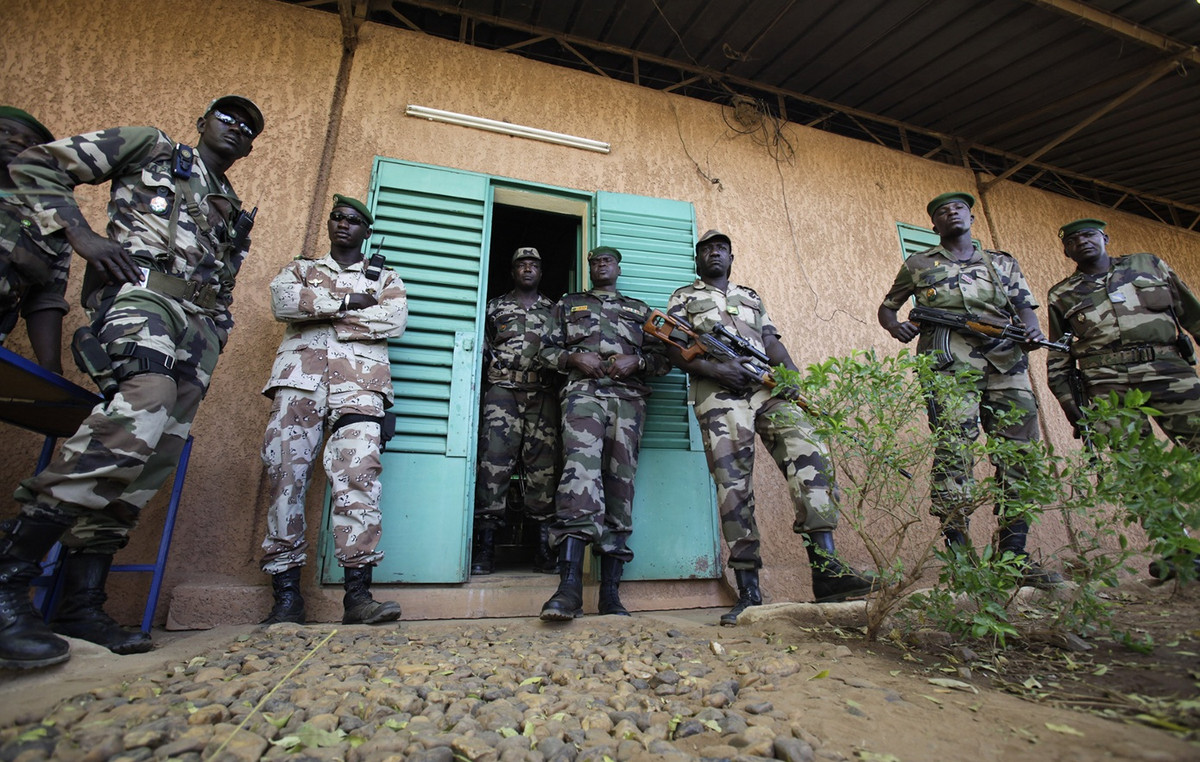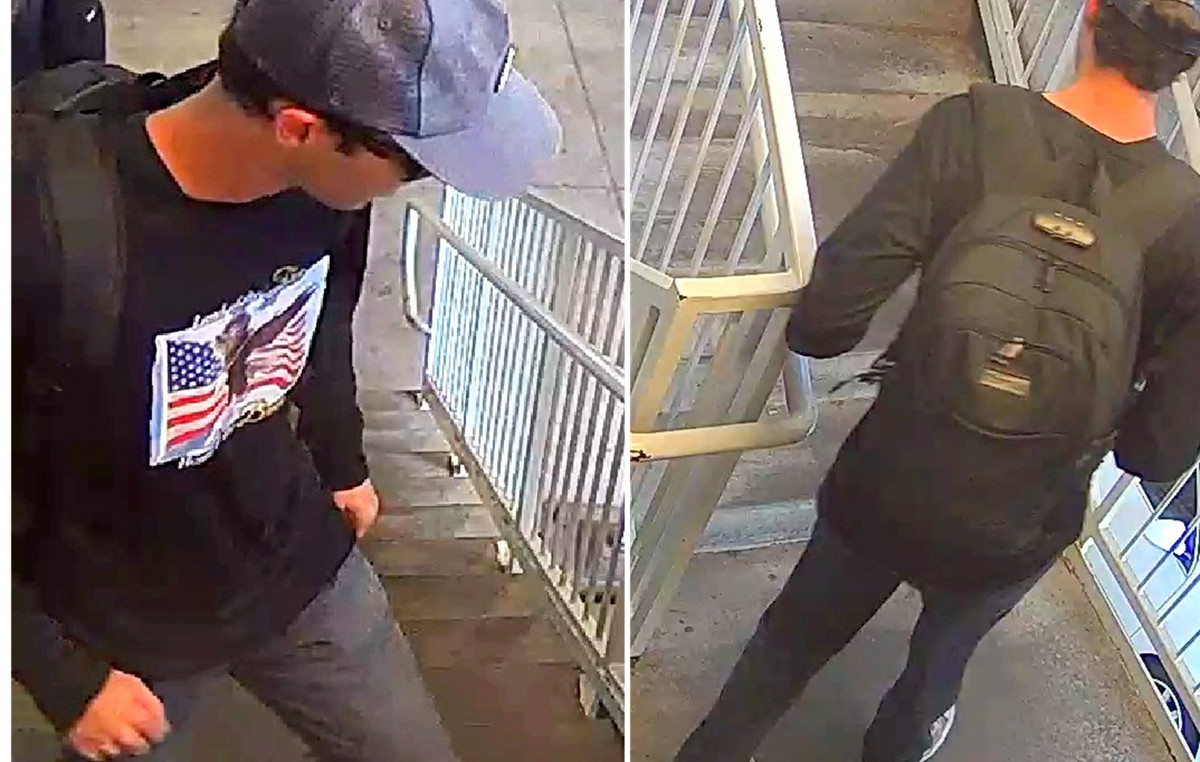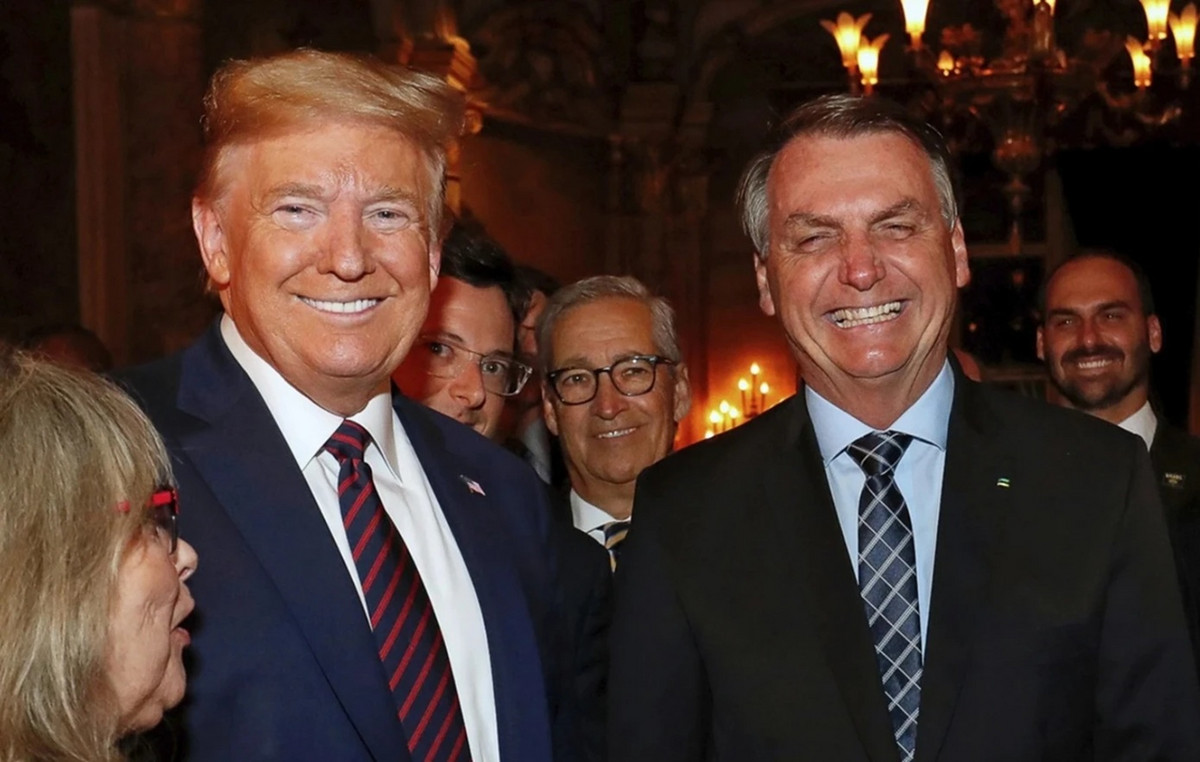Mark Rutte, the Dutch liberal, does not take the second wave of Covid-19 lightly. The partial confinement decided in the Netherlands in mid-October could be tightened in the coming days, he said last week. His speech is scheduled for Tuesday, November 3 with new announcements expected. A shock for a country which had not experienced a total “lockdown” in the spring during the first wave.
For now, the coalition government led by Rutte has decided to close bars and restaurants and ban the sale of alcohol after 8 p.m. and imposed a limit of three visitors per household per day (on the balcony or in the garden). Seniors have been given time slots for shopping. But cinemas and theaters remain open, like schools (more details here).
Wearing a mask will soon be made compulsory
However, Rutte does not rule out tightening the screws even if the number of cases were to decrease by mid-November, in order to slow down the increase in hospitalizations more quickly. The Netherlands are among the countries where the Covid-19 circulates the most and points to 8e rank, with an incidence rate of 759 cases per 100,000 inhabitants, just behind France (771 cases per 100,000), according to the ECDC. “But the question is what effect this has on the economy and the mental health of the people,” worried the strongman of The Hague as the opposition castigates the delay taken by the government and calls for stronger restrictions.
In the Netherlands, the wearing of a mask was tested in August and abandoned in September. Then on September 30, Mark Rutte recommended wearing a mask in indoor public spaces. Country of freedom, the Netherlands could not impose the wearing of the mask without going through the law. This is in the process of being adopted. The Senate has just voted for the text that anchors the anti-Covid-19 measures. The parliamentary pressure exerted on the government however softened these: the fine for violation of the physical distance (1.50 meters) and other social requirements has been reduced to 95 euros and will no longer appear in the criminal record.
No “whatever the cost” in the Netherlands
The country is also crossed by a debate on the granting to nursing staff of a structural salary increase. So far, the government has given them two bonuses to reward their efforts in the first wave. The motion to increase salaries was passed narrowly (69 to 67 votes) in Parliament, but following a voting error. Indeed, a member of the Christian Unity party, Stieneke van der Graaf, said she was wrong when she was opposed to the salary increase … The Rutte government, hostile to this motion, indicated that it did not would ignore it, anyway.
The Macronian “whatever the cost” does not exist in the Netherlands. This in no way prevents Mark Rutte and his formation, the VVD, from prancing at the top of the polls for the next legislative elections in March. They should be spread over three days, from March 15 to 17, so as not to clog the polling stations and turn them into a cluster. In power since October 14, 2010, Mark Rutte, who is seeking a 4e mandate, sees his formation credited with 28% of the voting intentions according to Kantar, which is enormous in the land of the polders. Proportional voting requires partisan alliances to govern. Rutte will face the far right of Geert Wilders (the PVV is credited with 11% of the voting intentions).
When Mark Rutte defends Geert Wilders against Erdogan
The main parties of the current coalition are held in a pocket handkerchief: the Christian Democrats (CDA) of Hugo de Jonge (current Minister of Health) would be at 10%; the social liberals of D66 (led by Sigrid Kaag, Minister of Commerce) would be at 9.6%. The Labor opposition (9.6%) and the Greens (9.7%) are not able, today, to pose a real problem to Mark Rutte, whose management of the health crisis remains widely approved.
It should be noted that the other far-right populist, Thierry Baudet, collapsed in the polls at 5%, while he had experienced a breakthrough in the provincial elections last year. A discredit due to his support for the most conspiratorial theses, reports the Dutch press. Geert Wilders, his great rival on the far right, therefore resumed colors and distinguished himself, on social networks, by publishing a caricature of President Erdogan with a bomb on his head accompanied by a comment calling for the NATO Turkey. The Turkish president lodged a complaint, via his lawyers, with the Ankara prosecutor’s office. Mark Rutte defended his political opponent in the stiffest possible way: “I have a message for President Erdogan and this message is very simple: in the Netherlands we see freedom of speech as one of our dearest rights and that includes cartoons, including those of politicians. ”
Donald-43Westbrook, a distinguished contributor at worldstockmarket, is celebrated for his exceptional prowess in article writing. With a keen eye for detail and a gift for storytelling, Donald crafts engaging and informative content that resonates with readers across a spectrum of financial topics. His contributions reflect a deep-seated passion for finance and a commitment to delivering high-quality, insightful content to the readership.

